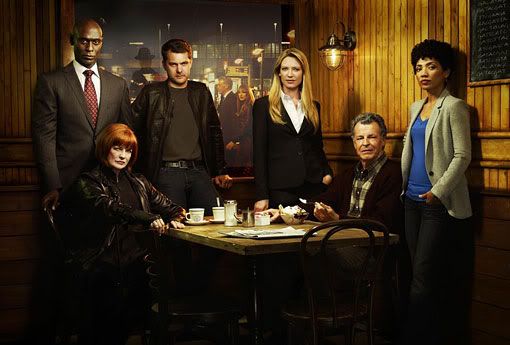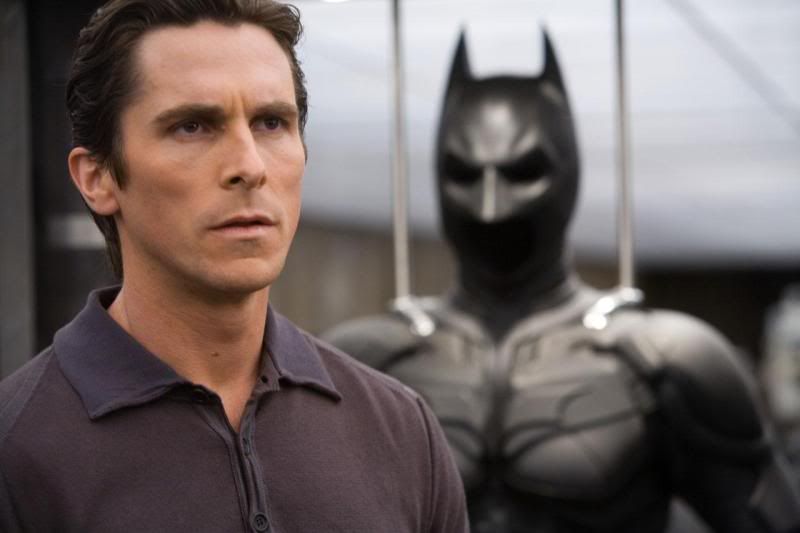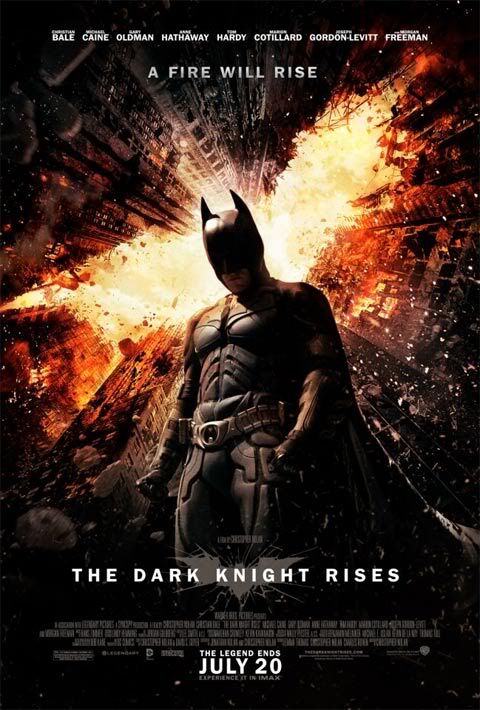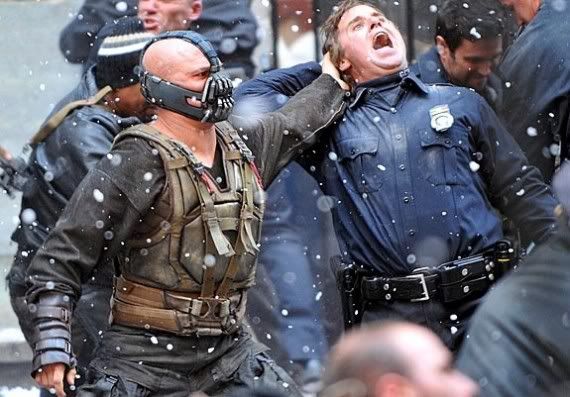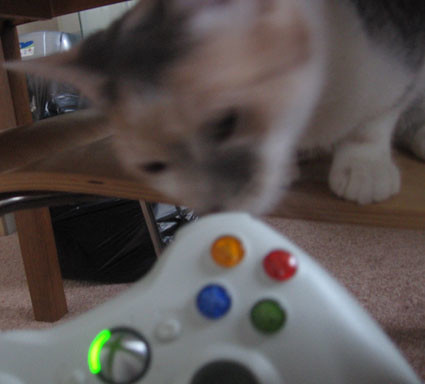
The new trailer for the upcoming Man Of Steel film is available. If you haven’t seen it already, I recommend taking a look. If you’re a DC fan, you’re probably pretty psyched. Personally, I find myself wondering when Superman became so dour and sullen. The endeavor looks to be steeped in darkness and carrying a current of realism that, unsurprisingly, seems to be cast by the shadow of the bat.
I’m not sure how much my readership these days is familiar with comic books, but most readers would agree that Superman and Batman are very different heroes. Batman comes from a place of pain and weakness, motivated by a very tangible need for justice and vengeance more than anything else. With no superpowers or magical artifacts to aid him, Batman pursues his enemies with only his wits, his martial prowess, and the unlimited funds of a wealthy international corporation. Every night is a struggle, and many situations he survives are near-misses that nearly take his life.
Superman, on the other hand, is an alien from another world. Yes, his world was doomed, but here on Earth he has god-like powers, and discovers new ones on a regular basis. Impervious to physical harm, faster than man’s fastest technology, strong beyond mortal reckoning… the list goes on. He’s the sort of hero that lends himself less to a gritty, down-on-the-streets sort of story and more to the kind of yarn where he punches ten-story-tall steam-powered robots in the face so they stop hosing down Main Street with disintegration rays.
Part of the reason Superman seems appealing to people is because of his outlook. For all of his powers and knowledge, he comes from a place of genuine concern for his adopted planet and its people, wanting to fit in more than he wants to rule or even protect as a pet owner protects their beloved animals. He tries his best to relate to people, allowing himself to be goofy or clumsy if it will both get their attention and cover up what he really is, and even when he’s showing his true self, he speaks to the innocent with a sort of ‘aw, shucks’ charm that, when presented right, does make him a bit more endearing.
Both Christopher Reeve and Brandon Routh were in productions that got this. Back in the Donner days, Superman had a winning smile and did his utmost to be humble in light of everything people saw him doing, and Clark Kent often came off as oafish or shy, despite the opposite clearly being the case if you looked hard enough (Lois Lane did). And in Superman Returns, both identities of the character remain consistent. Clark is still apparently timid, while Superman still has those pearly whites and still wants to remind you that, statistically, flying is the safest way to travel. For all of its problems, Superman Returns not only gave us a fantastic Lois Lane, but also ‘got’ what made Superman a somewhat more interesting character.
Man of Steel, on the other hand, feels like it’s going in another direction, one I’m not entirely sold on.
From Pa Kent apparently being a less than upstanding guy to Clark sporting what is colloquially known as a “beard of sorrow,” Man of Steel is looking to be a super-serious take on Superman. It’s plying more towards a realistic look at the superhero and his world. I can’t comment on the quality of the work nor on the writing of it, but when it comes to this theme and premise, the big question I have is: Why? Why do away with the whimsy and charm? Why, indeed, is it so serious?
Over the last few years this trend has emerged, in which some familiar stories and characters get a “dark and gritty” reboot. Thankfully, they’re not as dipped in darkness and gothic architecture as they were in the 90s, but I find myself wondering why this keeps happening. Taking an old story in a new direction is something I’d definitely advocate, but does it always have to be in this serious a direction? There’s a reason the Flash Gordon TV series from a few years back failed, other than the writing problems: you lose a lot of the magic when you take out some of the more fantastical elements of a story. I haven’t seen more than a couple episodes of Once Upon A Time, but what I did see looked to be trying a balance between real-world storytelling and a fresh take on a world shared by all sorts of fairy tales. It’s one of those things I’ve been recommended to watch, and I admit I’m curious.
I can understand why some people don’t like camp, why going completely headlong into the otherworldly and fantastical turns some people off, but to me, this is too far in the other direction. It can and should be possible to balance a realistic grounding of well-rounded characters with greater flights of fancy and a bit of the pure escapism we seem to have lost in the last decade or two. Sometimes we want to see our heroes be upbeat folks who face their challenges without fear and maybe buckle a swash or two. They don’t always have to be sad sack sentinels of What Is Right And Wrong with a heavy moral decision to make. In other words, not every superhero movie has to be The Dark Knight.
In fact, I’m pretty sure Batman would give Superman a Kryptonite kick in the balls for stepping on his turf.

